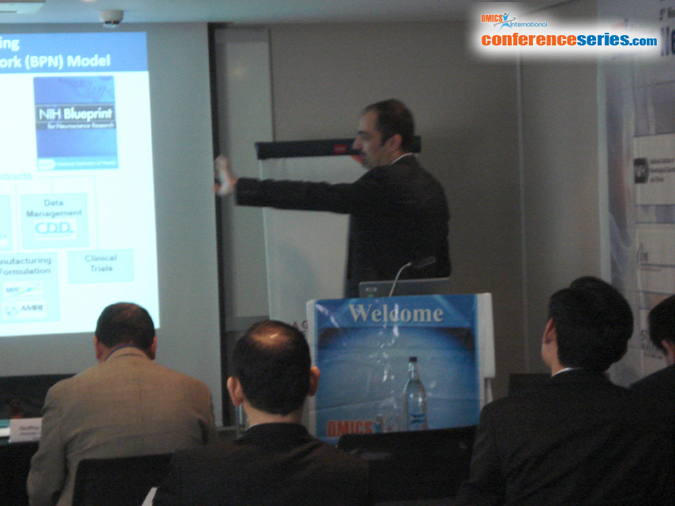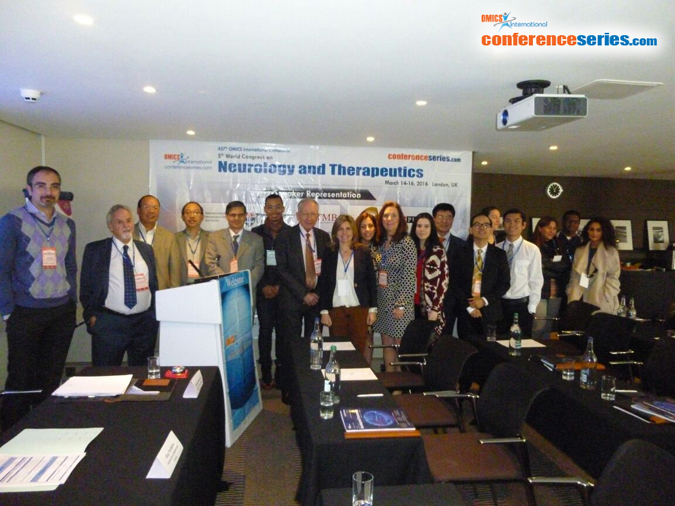Amir Tamiz
National Institute of Health, USA
Title: NINDS Office of Translational Research: New Programs to Support Therapy and Device Discovery and Development
Biography
Biography: Amir Tamiz
Abstract
Background: The management of patients with Alzheimer’s disease (AD) is associated with burden and mental health consequences. Main family caregivers are exposed to emotional and physical stress. The burden becomes heavier as the disease progresses, and some caregivers begin to use natural herbal products to improve their mood, anxiety, sleeplessness and vitamins or tonics to improve overall, although in other cases the use of psychotropic drug (i.e., antianxiety, antidepressant, and sedative/hypnotic agents) is required. Objectives: To examine the correlates of psychotropic drug, natural herbal products and vitamins use among family caregivers of AD patients. Other aims were to determine anxiety, and depression. Methods: The study was conducted on a sample group of 175 main family caregivers of AD patients in Galicia (Spain). Caregivers were asked to provide sociodemographic information (Table 1) and information about use of natural herbal products, vitamins and psychotropic drugs. Depressive symptoms were measured using the Beck Depression Inventory-II and anxiety symptoms were measured using the STAI-Anxiety Questionnaire (Table 2). Results: The analysis of the results shows that the average caregiver of an AD patient is a woman, approximately 56 years old. The majority of caregivers are sons/daughters (65%) with a primary education (37.1%). The prevalence of psychotropic drug use among caregivers (39%) is higher than previously reported prevalence rates in the general population. Of caregivers with depressive symptoms, 52% used psychotropic drug. Of caregivers with anxiety symptoms 44.6% used psychotropic drug. 31.4% of caregivers used natural herbal products and 14.3% of caregivers used vitamins or tonics to improve overall. The use of natural herbal products in women caregivers (36%) was higher than men caregivers (17%). Conclusion: This study found that 48% of caregivers with depressive symptoms and 55.4% of caregivers with depressive symptoms were not taking psychotropic drug, even with high levels. Results suggest that routine screening for depression and anxiety in caregivers may identify unmet needs for antidepressant therapy and may provide help caregivers.
The mission of the Office of Translational Research (OTR) within the National Institute of Neurological Disorders and Stroke (NINDS) is to accelerate the preclinical discovery and development of new therapeutic interventions for neurological disorders. The NINDS is part of the National Institutes of Health (NIH), the leading supporter of biomedical research in the world. The OTR provides funding (approximately $100 million annually) and resources through grants, cooperative agreements, and contracts to industry and university researchers to advance early-stage neurological technologies, devices, and therapeutic programs to industry adoption (i.e., investor funding and corporate partnerships). The OTR comprises five programs that support the design, implementation, and management of research activities to critical translational challenges in neurology.



